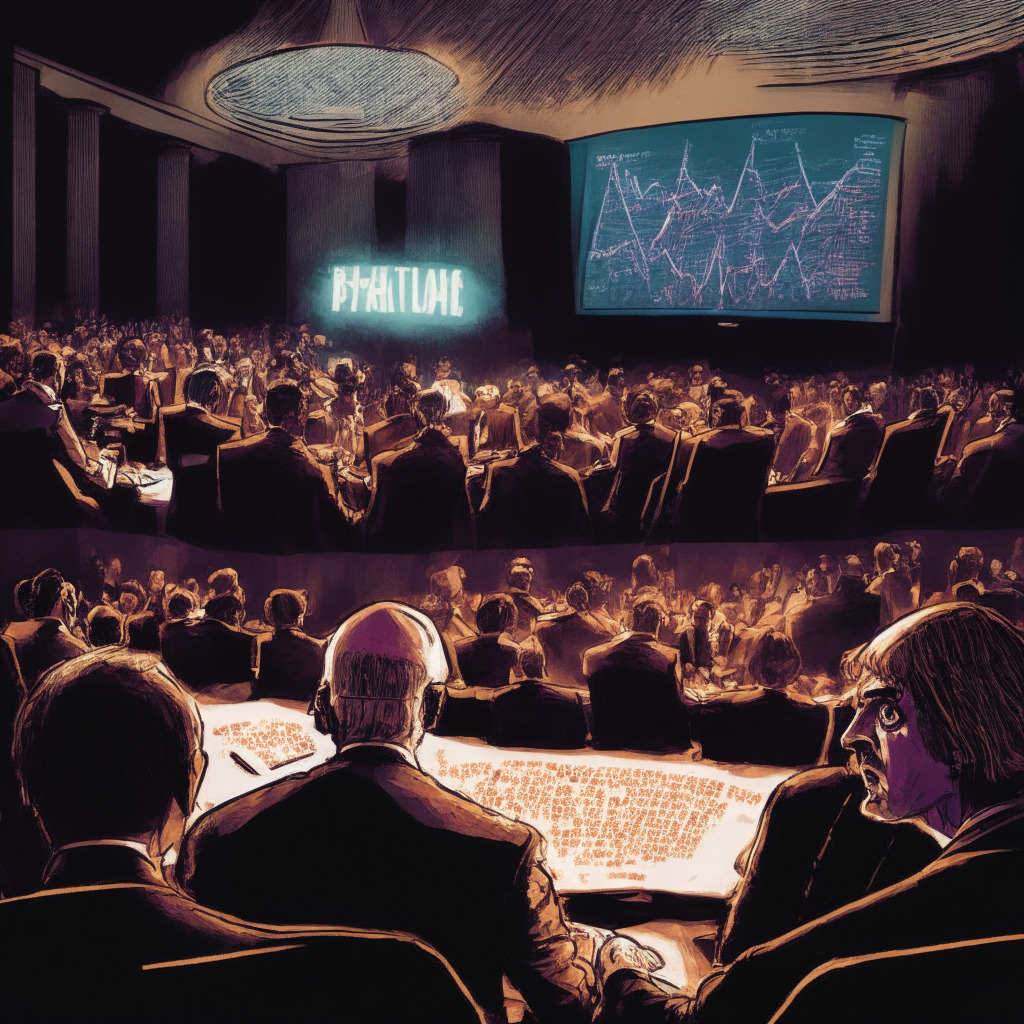In the crowded world of cryptocurrency, global cooperation for regulation is the pleading call from the head of Portugal Central Bank, Mário Centeno. He deems the current state of cryptocurrency regulation unacceptable as he perceives digital assets and decentralized finance (DeFi), an emerging sector of finance that utilizes blockchain technology to eliminate intermediaries, as a high-stake risk.
The speech to centralize global regulatory frameworks took place during the opening of the 2023 Banco de Portugal Financial Stability Conference. Centeno addressed the call to ensure a sturdy framework, with concerns rooted in fears of “regulatory arbitrage” – a situation where companies exploit the lack of coordinated laws internationally. He voiced an apprehensive sentiment that attempting to regulate these global players at a national level would be ineffective and has placed doubts on the longevity of digital assets in their current form.
Much of this skepticism is attributed to the volatility and instability of crypto products, which Centeno states “proved to be unsustainable and, unsurprisingly, culminated in the collapse of several products”. Is this a cautionary tale for the crypto market or just a skeptical perspective?
In this discourse, he did commend efforts from the European Union (EU)’s for their comprehensive crypto regulation scheme named Markets in Crypto Assets (MiCA), calling for further international cooperation under the guiding principle of “same risk, same regulation.”
Similar sentiments on crypto regulation need for global coherence were voiced by strategic directors in the German Federal Financial Supervisory Authority and even Indian Prime Minister, Narendra Modi. The shared consensus is that making efforts to construct more uniform and internationally cohesive regulations will mitigate associated risks; however, is this truly the solution or does it just project onto a bigger canvas, the inherited debate present in any form of regulatory oversight?
Indeed the underlying conviction among major International regulators is that a global approach to oversight could lead to more anticipated certainty and perhaps a safer environment for investors. Nonetheless, its proposed implications on stifling innovation and the potential of digital assets to be a democratizing force in financial markets is consequently a trade-off.
This rather protectionist stance within international decision-making stands to challenge the idea that digital disruption caused by cryptocurrencies could lead to more efficient and competitive markets. The question thereby remaining: is it possible to find a middle ground where digital assets can evolve within a regulatory environment without obstructing their innovation potential?
Source: Cointelegraph




